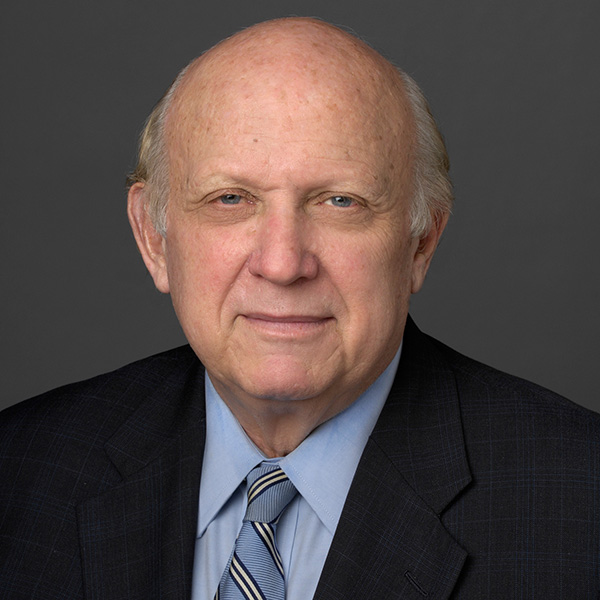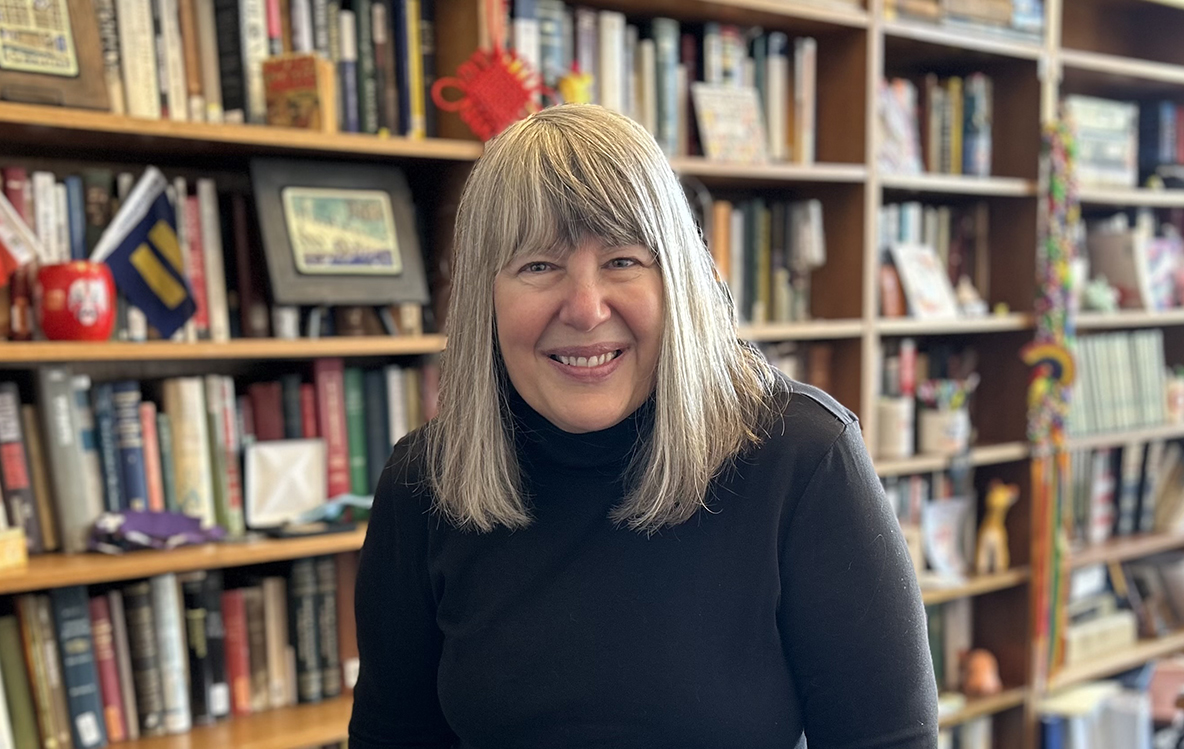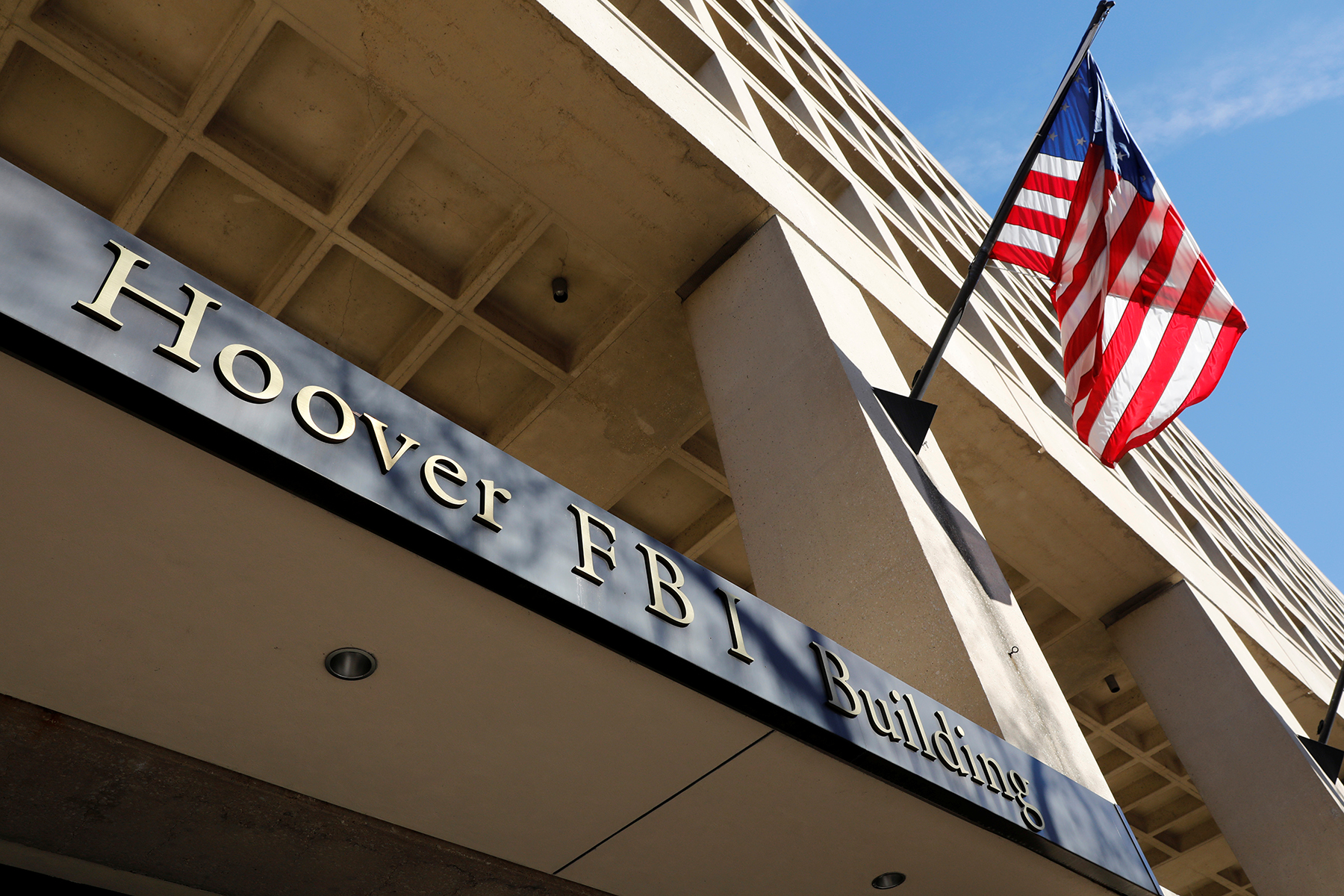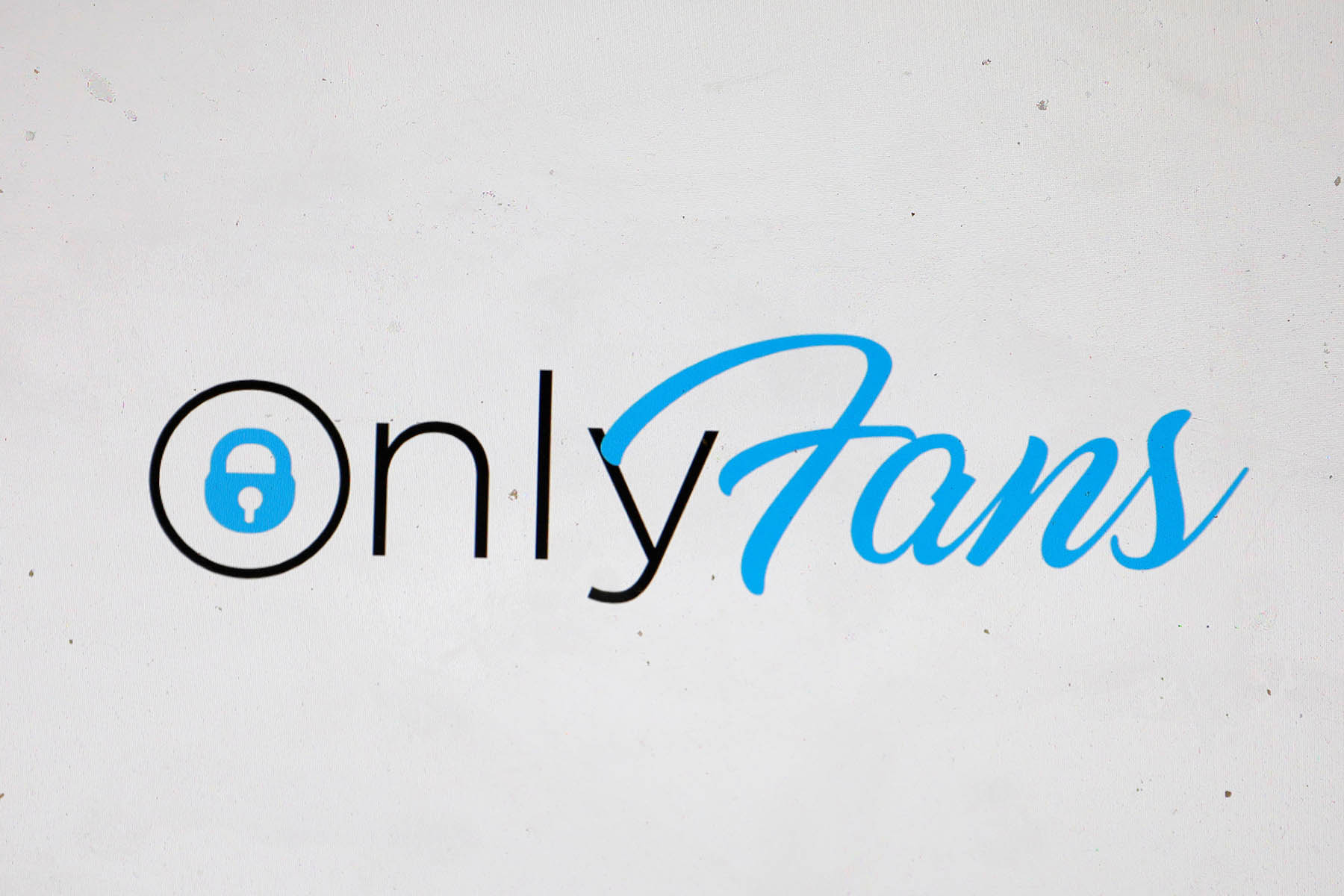The Newseum Institute’s First Amendment expert, Lata Nott, originally published this podcast on the Newseum blog, and has given First Amendment Watch permission to reprint.
In this episode of The First Five, Lata Nott sits down with First Amendment lawyer Floyd Abrams, author of the book “The Soul of the First Amendment”, to discuss free speech and how it applies to communications on the internet. Floyd outlines The Fairness Doctrine of 1949, delves into editorial standards in print vs. online scenarios, breaks down Europe’s Right to be Forgotten policy, and generally impresses upon us the ongoing nature of the First Amendment’s role in our day to day lives as American citizens.

Floyd Abrams
{Read an Excerpt of “The Soul of the First Amendment” on First Amendment Watch FAW}
HOST
Lata Nott is the Executive Director of the First Amendment Center at the Newseum Institute.
GUEST
Floyd Abrams is an attorney at Cahill Gordon & Reindell, and an expert on constitutional law. He has argued several high visibility First Amendment cases in front of the Supreme Court.
RESOURCES
To learn more about the subjects discussed in this episode, check out the following links:
The Soul of the First Amendment
TRANSCRIPT
Lata: My guest today is celebrated 1st amendment lawyer, Floyd Abrams, author of a wonderful book that just came out this year called “the soul of the first amendment”. Our topic today is how the First Amendment and Free Speech values and principles apply to the internet, which is a pretty big and vast topic. So, initial thoughts.
Floyd: Well first principle first is that the First Amendment protects the internet from the government in the same way that the first amendment protects newspapers and the first amendment protects museums and the like from the government. The harder question is when the government is saying “in the service of the public, or in the service of more speech, here are some rules and regulations that we want you to follow.”
In regard to the print press, generally the courts have been very protective of the press against government efforts – even well-meaning efforts – that try to ensure more speech rather than less.
Lata: An example?
Floyd: A statute for example that said if a candidate is attacked in an editorial, that he or she ought to have the chance to respond. Statutes that used to exist, which required additional material to broadcast; the Fairness Doctrine. It said that if someone takes a controversial position of public importance on television that the broadcaster had to have some part of the “other side” on. That’s something that couldn’t be done in a newspaper but was done for a while in TV.
Lata: Wasn’t that because it was a “limited spectrum”? In broadcast TV there are only so many channels you can have…
Floyd: Yes, it was based on the notion that more people want to broadcast than there is room on the spectrum. As you say. So, you need a license. And what followed from that was that you had an obligation to serve the public. And what followed from that was that the FCC would ensure that you served the public, in some way or another. All of that would be unconstitutional as applied to the print press, and eventually the Fairness Doctrine was dropped under President Reagan’s regime based on First Amendment principals. Basically, we don’t think the government should be playing that sort of role. But because it was broadcast they allowed the Supreme Courts to allow that.
Returning to the internet, here we have this vast new mechanism for communication of a sort that is historically unimaginable. A pure First Amendment argument would start out asking “Why do we have a first amendment?” We have it to protect us against government censorship; to protect us against the government. We end up with an odd-sounding situation that, for example, the First Amendment protects what is often hate-speech or racist speech to a very great degree in America. The Government can’t ban it. But the internet can. Facebook can, Google can.
Lata: I’m constantly telling listeners that private companies aren’t held to the first amendment. They can have policies that limit speech.
Floyd: and every Newspaper has its own potion in matters of taste and the like. Irrespective what the limits are on the government. One of the things we’re starting to see is that in one area after another there is increasing public pressure on the internet’s big players to have what might be viewed as “editorial standards”; standards that, again, the government couldn’t impose but that they could compose.
Lata: Like removing a fake news story?
Floyd: it’s conceivable that the government could do something – maybe – about some sort of fake news, though not very much and maybe nothing. But, as I said earlier, racist speech, the kind of speech I think is going to be most controversial, is speech that has given comfort to terrorists and support to terrorists, and sometimes has persuaded people to committing terrorist acts.
You know, we had a situation very recently in New York City where a disaffected American, upon reading and watching and immersing himself in the speech of certain clerics who were denouncing the U.S., and urging terrorist activities, they went and did it. They followed the instructions: how to rent a car, what sort of car to rent, how to drive it, where to do it. So you end up with 8 dead people and the question is “Is there anything we can do about that?” We can punish him, but is there anything we can do to prevent that in the future? Sure, there’s a lot Google can do or Facebook can do, but the harder question is “what do we as a public WANT them to do?” Do we want them to be more like telephone companies? Allow everyone to have a say, whatever it is, without the government interfering, even if it’s bad or maybe even dangerous speech.
Lata: Right. Regardless of your intention, you have a right to use a telephone.
Floyd: That’s sort of the way it’s been, in general. But is that the way we would like, as a public, for these large institutions to comport themselves, or would we like them to say, “This or that sort of speech is so anti-social, or so dangerous, that we don’t want it and we won’t carry it.” This is what some of the representatives of these large companies have said to congress just last month. And these are large policy issues. For the government and for the country at large. More people get their news from Facebook than from anywhere else in the US; indeed, perhaps in the world.
Lata: So what Facebook decides to show you will shape your world view.
Floyd: Absolutely. Right. Right. I think the question which arises is, will there come a time when the public, or some political party, or some group, starts to say “look at all this power. Facebook has uncontrolled power. Isn’t there something we can do about that?” Apart from the Anti-Trust laws – I don’t mean that – but are there some limits that we ought to impose because…
Just last year, Facebook was criticized by some Republican member of Congress saying their algorithms lead them to carry more liberal stories and less stories which were supportive of the President. Facebook’s answer was “we don’t do it, and we’ll make sure by checking that we don’t do it.” My initial reaction was “they have every right to do that, if they want to.” But that’s not how they want the public to think about them. But I can imagine some bad things happening in the world – particularly terrorism related – efforts to get legislation through if these institutions don’t have much more restrictive policies.
Lata: You think there’s a real possibility that that Government may say, of Twitter and Facebook, “You’re not like a private company, you’re more like a telephone company, or a common-carrier or a electric company; a utility that is so important we need to regulate it.”
Floyd: I do think that sort of issue is going to arise and I do think that you can’t predict the future, as far as what sort of behavior to lead to government institutions demanding that. I can certainly imagine however, especially as the world becomes more dangerous, some administration someday might say “There’s all this fake news, which is distorting public information and the flow of the information, so we ought to do something about it. So yes, some entities in the future, could say, given that level of power and control over the public dialog, could be able to say, “The public has such an interest and therefore…”
For me that’s a first amendment case, that’s what the first amendment is all about, to keep the government from doing things like that, but I could certainly imagine that coming to the forefront of public debate.
Lata: In your personal view, are you a First Amendment absolutist? Would you say regardless of the power of a company like Facebook, that the government should stay away from regulating it?
Floyd: Well I’m not a First Amendment absolutist. We have libel law for the Press, we have privacy law, we have many things we simply say aren’t protected by the first Amendment. Spying is speech, perjury is speech, and perhaps we deal with that too easily, but what I mean is that those are words and they’re not protected, and we’re right to say that. But in terms of the hypothetical we were just talking about, I’d be pretty close to an absolutist in saying that the Government can’t step in and impose content restrictions on the Facebooks of the future.
Lata: You mentioned the legislative hearings just a month ago where they were considering regulating just those companies…
Floyd: I don’t think they’re going anywhere with that. I think they intended to embarrass the largest of our internet institutions, just to see their reaction. I don’t think there will be any more government activity that we’ve already seen. But let me say, in other areas, my reaction would be: I’m very concerned about members of congress putting pressure on journalistic entities about their behavior by holding hearings to embarrass them and expose them. But I don’t think there is any suggestion of legislation – I think we should recognize, too, is the enormity of the power of these institutions.
I was involved a few years ago in a situation in which I represented the Motion Picture Association, seeking to get some legislation through congress to protect their copyrighted movies from being show, and posing certain burdens on internet entities reacted by, one day, deciding this was getting to close to being legislatively imposed, and so they went dark, on purpose, for one minute.
I can testify that during that afternoon, members of Congress got more emails than they had ever gotten before from their constituents. Before that happened, Congress unanimously supported this legislation – after the letters, they unanimously abandoned it.
Lata: another thing that I find pretty interesting: our legislators haven’t really taken that sort of action but in Europe they have. In Europe they have voted for the right to be forgotten.
Floyd: Basically in Europe the law is that if an article has been published in a newspaper some years ago, and it is no longer “relevant”, individuals can request or demand that it not be carried online; in this case on Google.
We had a case in Belgium where a guy drove a car recklessly, two people were killed. Fifteen years pass, it’s probably his only Google listing, and he says to Google, “Take it out, it’s not relevant to anything anymore!” and the court ruled that they had to drop it.
Now, in this country, that would not be a close case. The courts would just say “A. We don’t have the power to do this and B. we don’t punish truth-telling.”
Lata: Right. It’s not the same to the right to privacy – which is information that was not public – and it’s not the same as defamation – which is something false – this is something that is true and public. And the right to be forgotten is the removal of this information from the “internet of all things.”
Floyd: That’s exactly what it is. Now, if you hired a private detective, you could probably find the story in the newspaper or in the court documents, but this is, in my view, a major threat. Over 500,000 articles have already be stripped from the Googles of the world. And NOW the European entities are saying “Well when we strip them, they need to be stripped in the United States as well.” So if this is a Belgium guy who does this, Google-US is no different than Google-Belgium. France is now looking into this as well: possibly demanding the United States go along with it.
Lata: I don’t believe in the right to be forgotten but I can understand if you support it, it doesn’t make sense for the information to be available in the US kind of defeats the purpose of the act. For the people who advocate for it, I do understand in the age we live in, everything you do will be attached to you forever. Back in the day, you could appear on the cover of the New Yok Times and eventually people would eventually forget. It wouldn’t be constantly the first thing that comes up when someone mentions your name.
Floyd: I agree with everything you’ve said. It’s not that the situation hasn’t change, the question is, at lease in American terms, does the first Amendment change in response to that? Now, our courts would say, notwithstanding that everything you just said is true, that doesn’t come close for providing a basis for preventing Google to carry truthful speech about thing that happened.
Lata: That’s kind of how I look at it too. Being able to take away this information of things that really happened, it’s almost like erasing parts of history. I know advocates would see this as being able to keep your identity in an age where everyone can know all the worst things you’ve ever done in a matter of seconds. I think that’s a very American vs. European attitude.
Floyd: It is. The European attitude is very much more Privacy-protective and ours is much more Free speech and sort of free-wheeling speech and certainly truthful speech.
Lata: In France, when a man walks out of prison, his record is gone. Whereas here, if someone erased someone’s criminal history, the response would be “That’s information that’s true, free, and should be publicly accessible” and saying you can’t access that information is censorship.
Floyd: And this is a difference in approach, which I talk about in my book, between the US and other democratic countries where hate speech, for example, which is basically protected (in America) in almost all circumstances, is basically barred, or criminalized, through a lot of Europe.
One example I cited ways Donald Trump, when he was running for President, what he said about Mexicans, Muslims, and the like, could well have been criminal in all of Western Europe. But no American court would say that it could be criminal here. It’s his view; it’s a public policy issue; whether you call it immigration or whatever. You wouldn’t dream of banning it. In Europe they take a very different position on speech. These are Democratic countries, they care about free speech, but they don’t protect it anywhere near as much as we do.
Lata: Right. Germany and France DO have codes against hate speech and speech that attacks others on the basis of race.
Floyd: So does Canada! It’s just a very different way of thinking about and then embodying in law, those thoughts, and what values we rank and with what importance.
Lata: People who are critics of the first amendment would say that we do live in this world where hateful speech can function, in a sense, to silence other people from speaking. Or that the huge influx of speech online can drown-out other speech. It’s like speech censoring other speech.
Floyd: Exactly. That’s very much what our friends in Canada say. They have very sophisticated opinions about sustaining speech rights. For example, there was a religious zealot that homosexuality was going to be taught in Saskatchewan that he put flyers into mailboxes all around the town warning that they’d teach buggery. The Canadian Supreme Court, without a descent, said the effect of that behavior on the Gay Community, and at the public at large, would be so harmful that it could quite probably be made criminal; there was no social values in it.
It’s not that there’s only one way to view this, but it is true that the American way, the way our courts have interpreted it, is to afford a great deal more protection than exists in other democratic countries.
Lata: Two more questions for you and then I’ll let you go because you’ve been very generous with your time today. First of all, why are we like that? And is it a good thing?
Floyd: Great questions; interrelated. I don’t really know why we’re like that except that we were born as a country in part out of a revulsion against and concern about suppression of speech and the licensing of speech in England, the mother country no less, deprivations of Freedom or religions of the sort that led Roger Williams and other to, when they came to Rhode Island, to have a much more open view about freedom to have different sorts of views than those more generally prevailing. This sort of concern about government misbehavior is one which, from the start, has been center-stage in America. We came very close to not having a Bill of Rights at all. We only have it because people like Jefferson, and the like, were saying that everyone in the world should be entitled to the protection of a Bill of Rights against their government depriving them of the most basic freedoms. While we haven’t always acted that way, that was the thinking at the very beginning.
We also, I would say, have not been through the sort of awful and heinous acts of genocide and the like as have occurred in Europe, in conjunction with hate-speech of a sort which at least contributed the genocidal actions occurring. Now, I don’t, personally, sit in judgement, of Germany with its history of making it a crime to deny the Holocaust occurred. Countries differ in their histories and in the tragedies and catastrophes which occur in them. But we’re certainly not immune to suppressing speech, but at our best, and certainly in our law, we do protect it and that is rooted in our history and our views of what happens abroad when you take a different view.
Lata: That was an excellent answer to a very vague question on my part. Thank you so much.
SUBSCRIBE TO THE FIRST FIVE
- iTunes
- Google Play
- Stitcher
- Add our RSS feed to your podcast manager
Tags




